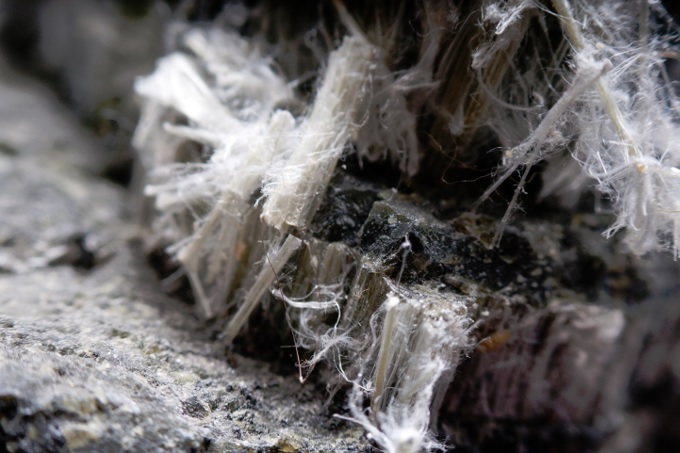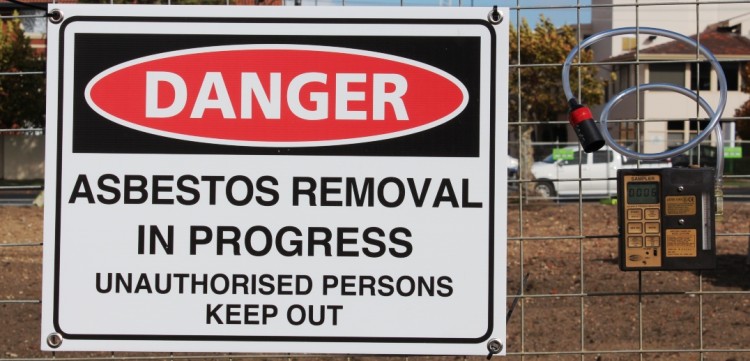
As one of the most common types of building materials, asbestos can be found in nearly every home or commercial building constructed before 2003. Used for its insulation power and cheap price, this harmful substance wasn’t banned for decades after it was already in use.
Commonly used in ceiling tiles, insulation sheeting, flooring, cement compounds and cement pipe covering, there is little doubt that most older buildings may contain asbestos somewhere. There are over 500 known building uses for asbestos, and prior to anyone knowing about its harmful effects, it was used daily in construction — this is why asbestos monitoring is so important.
Asbestos is most harmful when it is being removed. Agitating the fibers can cause them to break apart and contaminate the air. The tiny fibers can cause multiple issues with breathing and irritation of the lungs; it has also been known to cause lung cancer. Because of the dangers, any building that was built prior to the asbestos ban must now be tested for its air quality to protect workers and inhabitants of the building.
If you are buying, renovating, or live in a building that you suspect may have asbestos materials inside, it is not only vital but lawful to have testing done by professionals. The tiny fibers cannot necessarily be seen in the air but can be inhaled into the lungs, causing irritation. Protect your family and your employees by ensuring that the air in your building is safe from asbestos exposure.
Each state and country has set their own legislative regulations with regards to asbestos testing and removal. Not every country banned the use of asbestos at the same time, so it is important to know the legal parameters for your area. To be in compliance with federal rules, you must have testing done in any structure that may be at risk of exposing people.

The quality of the air that your family and employees are breathing is important to their overall health and welfare. Without testing, someone who is exposed to asbestos particles can become extremely ill, leaving you liable for any time loss or possible medical bills.
There are several forms of asbestos monitoring, using sophisticated scientific measuring tools, that can be done and all serve a different but equally important purpose.
Exposure Monitoring
Air samples are taken and compared to the national standards within the normal breathing zones
Control Monitoring
Fixed location monitors are set up around an area where asbestos is being removed to monitor the air quality
Background Monitoring
Before a removal process is begun, a base sample of the air is taken to be used as a quality benchmark
Clearance Monitoring
After a removal process has taken place and clean up has been completed, the air quality is tested to ensure that no harmful asbestos particles remain in the air
Whatever type of monitoring you may need to suit your situation can be done quickly and professionally by trained technicians. Make sure that you have peace of mind — not only your family but also for your employees — that the air they are breathing is clean and safe.



